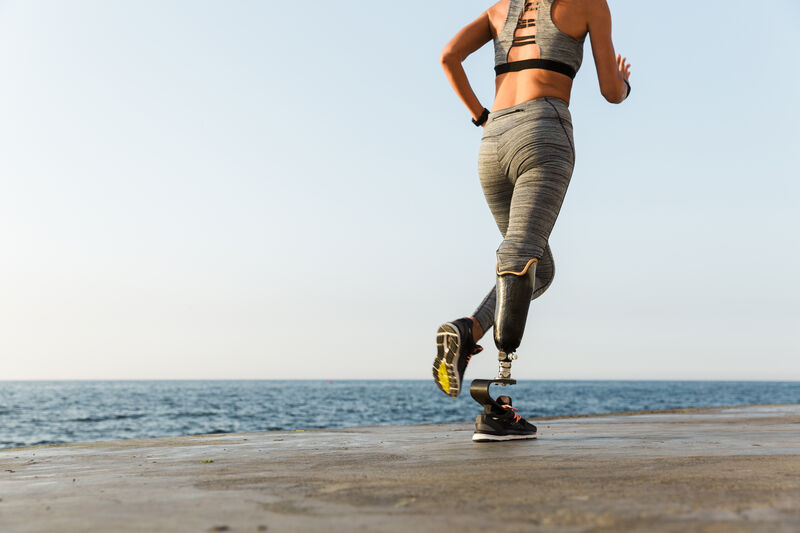
Team USA has won the overall and gold medal count at the 2024 Olympic Games in Paris, France. I hope you were able to enjoy watching athletes from around the world compete in your favorite Olympic sports. I keep busy so my screen time is fairly limited, but I did make time to watch some of the road cycling events and all of the track cycling events. I’m fortunate enough to have friends who competed in the events I was watching. Human interest stories are as much of a driver to watching the Olympic Games as the sporting outcomes. These stories often focus on the struggles of athletes in chasing their athletic dreams. People all over the world relate to hardship and see themselves in these athletes.
One of my former training partners, Jennifer Valente, won the gold medal in the Women’s Omnium and Women’s Team Pursuit, along with a friend from the Olympic and Paralympic Training Center, Chloe Dygert, who also won gold in the Team Pursuit and bronze in the Individual Time Trial Road race. I couldn’t be happier for these ladies who have worked so hard and have had to overcome a lot of adversity in their pursuit of excellence. Jenn had a bad crash in the lead up to the Games and had limited expectations going into competition, but also has delt with the desire to walk away from the sport to pursue other opportunities for several years. Chloe almost lost her leg in a freak bike crash during a race several years ago which nearly severed her upper leg muscle in half and has had several complications resulting from the accident.
Now that the Olympic Games are behind us, the Paralympic Games were next to commence on August 28th and end on September 6th. This was the first Paralympic Games I have missed since I retired from competing in cycling. I can safely say that I did not miss the hustle and bustle of training for this competition. I am also very happy to report that I am coaching a visually impaired cyclist who competed for the first time at the highest level of the sport.
For those uninitiated, the Paralympics run parallel (para) to the Olympics and are a collection of competitive sports for people with various disabilities. Sport classes are formed based upon similar function limitations of disabilities and gender, with the aim that competition is as fair as possible. You will likely not see an above knee amputee competing directly against a person who is blind, but you may see a person with cerebral palsy competing with an amputee.
To be clear, these are competitors, not participants. Media tends to portray Paralympic athletes as “participants” because of ableist attitudes towards disability in general. These people are not looking for anyone’s sympathy and are not interested in being “inspirational.” These athletes want to compete, play hard, and win, just like their Olympic counterparts. These athletes, all of them, do carry human interest stories of dealing with adversity to achieve high sport performance.
Every athlete competing in the Paralympic Games has a shared experience of having to adapt to an inaccessible environment. Many athletes have had to figure out specific sport adaptations on their own to enable themselves to compete at the highest level. These adaptations often cost thousands of dollars on top of the expense of sporting equipment, which is self-funded at a much higher rate than their Olympic colleagues.
These athletes dedicate their lives to their sports the same way Olympic athletes do and should be given the opportunity to be seen just as the able-bodied athletes are celebrated. Coverage of the Paralympic Games was more accessible than ever this year. In the United States, coverage of the Games was on NBC and Peacock. If you were hyped from watching the Olympics and are feeling a small void, you can fill it just as easily. Paralympic sports and athletes are incredibly interesting to watch. The more people who view the competitions, the more support these athletes get. I’m a big advocate of promoting the Paralympic movement, creating awareness that these opportunities exist for people with all kinds of disabilities, and broadening the idea of what sport can look like. Viewership is the easiest way to support our disabled athletes and replays should still be available. If you can, please give it a chance!